Why Is My Cat Losing Whiskers? Is It Normal?
Like a human mustache, cats shed their whiskers over time. But why is my cat losing whiskers too often? If your kitty’s whiskers are getting bald, it could be due to a skin problem, allergy, infection, acne, trauma, and more. It’s a multi-faceted problem, just like how humans experience excessive hair loss.
In this post, I will discuss the potential reasons why your feline’s whiskers are falling off too much. I’ll also share some steps that you can take to solve this problem.
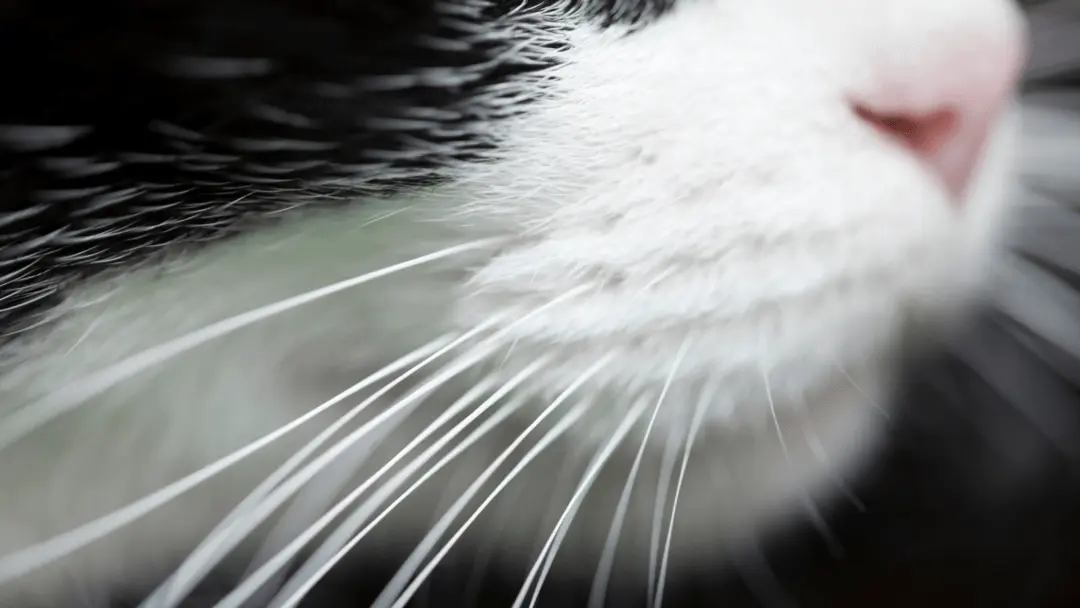
Normal vs. abnormal whisker shedding
It’s normal for cats to lose their old whiskers to allow new ones to grow. However, the intensity of shedding will dictate if it’s normal or something to be worried about.
If you notice that your cat’s whiskers are falling off all at once, you should consult the vet right away. This isn’t normal and can be indicative of an underlying health problem.
But before you panic, take note that losing too many whiskers at a time can be due to a catfight. You should look for other signs of a catfight like tousled fur, wounds, and small, bald patches.
However, if you’re worried, it doesn’t hurt to bring the cat to the vet. This will allow the veterinarian to give you the real score on your pet’s health.
Why is my cat losing whiskers too much? 4 Reasons
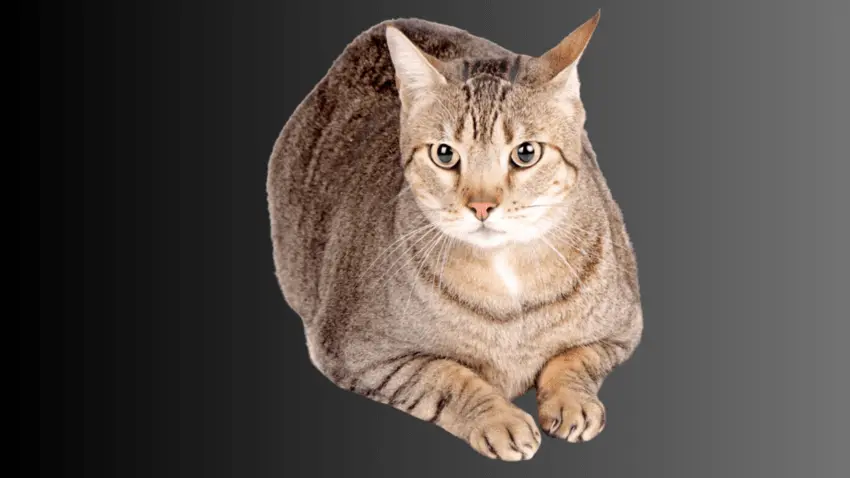
Your cat’s whiskers play a big role in the animal’s daily life. They act as a highly sensitive sensor that helps felines navigate, much like an insect antenna.
For example, if a feline can fit its whiskers inside a small gap, it’s a sign that his entire body can fit as well.
Another fascinating purpose of whiskers is it sends signals to the cat’s brain whenever there’s a sudden change in the feline’s limb position. This helps the cat land on its feet.
But if these whiskers start falling one by one at abnormal rates, your cat may suffer from disorientation and trouble moving around. If your cat is suffering from this, the following might be the reasons why:
1. Allergies
Severe skin allergies can cause your cat’s fur and whiskers to fall off. This is a concerning health problem that can compromise your pet’s life if not addressed right away.
Unlike humans, cats often manifest allergies through their skin. It can be triggered by just about anything – from pollens, dust, food, and so on. Felines can develop allergies to any substance as much as humans do.
A cat with skin allergies will have inflamed and reddish skin all over its body. This will lead to hair loss among cats. And it happens to affect the whiskers area, there’s a high chance it will also fall off.
2. Skin infection
Another culprit for your cat’s whisker loss is a skin infection. Feline ringworm is the most common culprit here. It causes hair loss in circular patches as well as crusty skin. When your kitty’s face got infected, it will cause the whiskers to fall off.
Fungal infections can also trigger the same reaction, so it’s important to regularly check your pet’s skin. Usually, infections in the face are easy to spot. If you notice any thinness on the hair or skin discoloration, you should get it checked at the vet right away.
Skin infections can be transmitted if your cat comes in contact with infected cats. It is therefore advised to let your cat interact with other pets only when they are healthy and vaccinated against prevalent diseases.
3. Feline acne
This may sound weird, but cats can also get acne. It often occurs on the chin, but the whiskers area are no exemptions. This is due to the frequent rubbing of the cat’s chin on the feeding bowl, but there are possible reasons as well.
Feline acne happens when there’s an overproduction of keratin on a specific area of the skin. As the excess keratin gets trapped in the hair follicles, it becomes a blackhead. It blocks the pores, which results in pimples.
If this occurs in the whiskers area, the hair will fall off and will not grow normally due to the blockage. Please read here: How Fast Does Cat Hair Grow
Cats suffering from skin acne will benefit from fatty acid supplementation. Fish oil is a convenient choice for this since it’s packed with Omega-3 and Omega-6 fatty acids. You should also switch to stainless steel pet bowls while ensuring that it’s always clean in every feeding.
Still, you should bring your cat to the vet if the acne isn’t going away and more whiskers are falling off.
4. Trauma
Outdoor cats or those that are let out to roam freely are at high risk of trauma-induced hair loss. It could be due to a fight with another animal or a secondary infection due to an injury.
Take note that even indoor cats can suffer from physical trauma that may cause their whiskers to fall. This can happen if there are multiple pets at home.
In this case, you should separate each pet’s feeding area and belongings to prevent heated encounters.
Does it hurt when a cat loses a whisker?
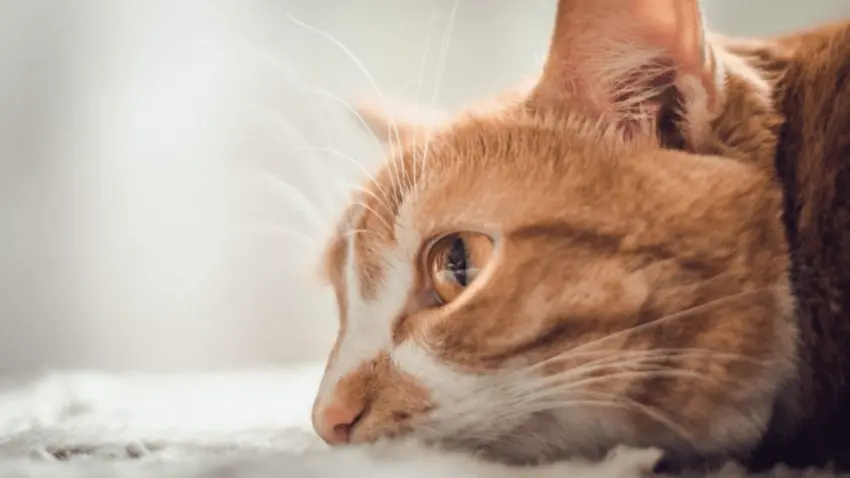
It doesn’t hurt when a whisker falls out normally. Also, your cat won’t feel any pain even if the whiskers are accidentally clipped. However, if the whiskers are pulled out, it will surely cause discomfort to the feline.
If your cat is showing signs of pain while its whiskers are falling out, you should bring it to the vet immediately. Repetitive pawing and rubbing of the face are indicative that your kitty is experiencing discomfort in its whiskers area. Please read here: Why Do Cats Rub Their Teeth On Things
How many whiskers do cats have?
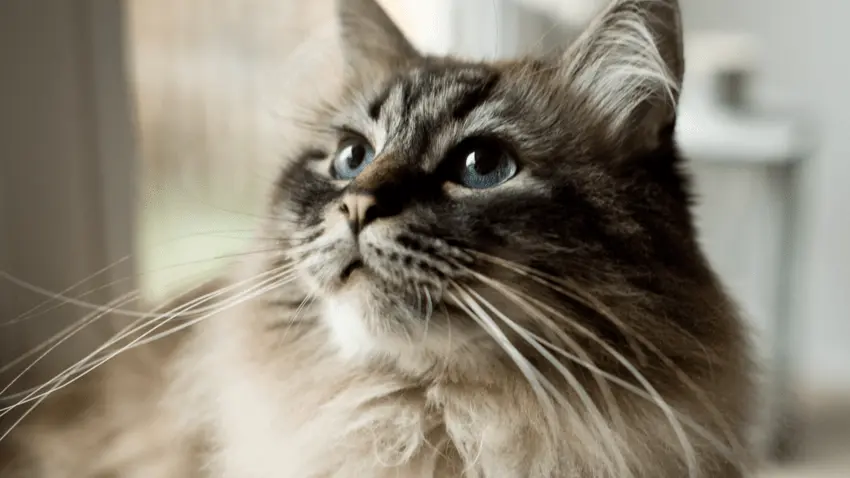
Most cats will have 12 whiskers arranged in four rows for every cheek, a total of 24 whiskers on the entire face. However, this can vary based on the feline’s breed and size. What’s fascinating here is that the whiskers are equally distributed.
Aside from the number, whisker color will also vary per cat. It’s mostly white, but there are a few strands that will appear darker.
How fast does a cat grow a whisker?
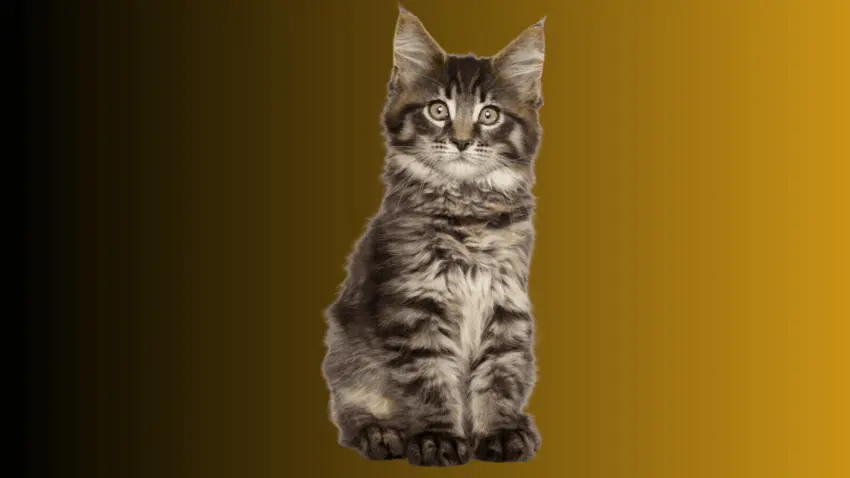
Once a whisker falls off, it will take up to three months for a new one to grow back fully. This period can be faster for some cats who can produce a whole whisker in just four weeks. But if you have a senior feline, expect the whisker growth to be much slower.
What is whisker fatigue in cats?
Whisker fatigue occurs when the cat becomes overstimulated due to the sensory messages it receives from its whiskers. Usually, cats can turn on the sensory function of their whiskers, but they can also respond autonomously. This is where whisker fatigue occurs.
For example, if your cat’s whiskers keep touching the bowl every time it tries to eat, this can cause a barrage of sensory signals. It will also make the cat frustrated and stressed. You’ll notice the kitty pacing around the food bowl or even abandoning its food all of a sudden.
Should I cut my cat’s whiskers?
You should never cut your cat’s whiskers. Unlike its fur, whiskers don’t need trimming because it’s part of your cat’s sensory functions. Clipping it would only result in a slew of problems for the feline.
Cutting your cat’s whiskers is like clipping the antenna of an ant. It will cause disorientation and stress to the kitty.
Even if your cat’s whiskers appear too long, never try to clip it. Just leave it alone and let it do its job.
Do cats lose whiskers as they age?
Cats normally shed and regrow their whiskers at any age. However, older felines tend to grow whiskers slower, making it appear that they are losing more whiskers than younger ones. As long as your old kitty isn’t showing any symptoms, it shouldn’t be a cause of concern.
Is finding a cat whisker a sign of good luck?
For some, finding a shed cat whisker is regarded as a sign of good luck. There are also beliefs that putting a cat whisker inside a white bag in the car will guard you against accidents. Aside from that, there are people who believe that cat whiskers carry some sort of magical spell.
Like any lucky charm, there’s no harm in trying these things. Besides, anything that reminds us of our pets will bring good vibes.
Wrapping Up
Why is my cat losing whiskers? Shedding whiskers are normal for every cat, but their frequency will vary. If you notice that your feline is losing all its whiskers, it’s best to consult the veterinarian right away. The vet can conduct examinations that will determine the root cause of the problem. From there, treatments will be administered to help regain your cat’s whiskers.
Thank you for reading and enjoy your time with your lovely feline friend!
